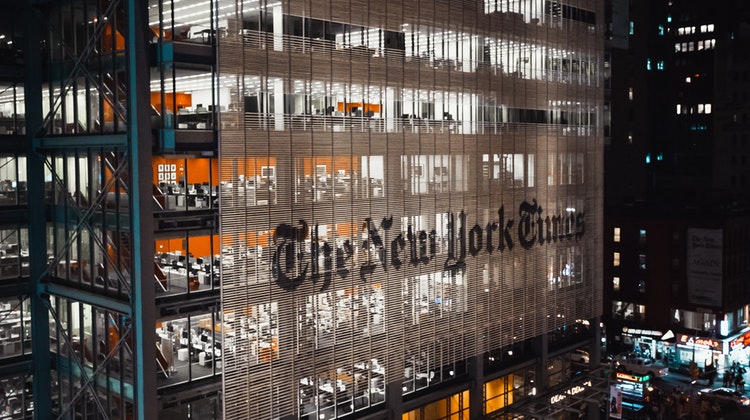
Photo Credit: pexels
In many ways, it feels like we’re living in an era when it’s perfectly OK to leak everything and anything to the media. It seems like every day there is a new leak report of some kind. One could argue that Washington, DC has transformed into a giant community of leakers, in which even sensitive national security documents can be leaked to the media without fear of retribution. And things are no better in the corporate world, where leaks of all kinds – including the release of audio and video recordings from top corporate leaders – are now finding their way into the business media. Case in point: Facebook CEO Mark Zuckerberg woke up one day to find out that an entire Q&A session with Facebook employees had been leaked to the tech media. So what’s up with all the leaks reporting lately?
The “over-sharing” approach of social media
One answer might have to do with the way we use social media. Just a few years ago, most people led fairly private lives. Sure, some people were overly chatty and were probably guilty of TMI (too much information) transgressions. The guy sitting next to you on the airplane, for example, might have a sudden need to share his entire personal life with you in the course of a two-hour flight. In the analog era, though, people didn’t share the most intimate details of their lives because there were no enabling platforms for them.
But then along came social media. People suddenly had a way to share every detail – and I mean, every detail – of their lives on a daily basis. And, best of all, it became socially acceptable – and even encouraged – to do so. Social media made “over-sharing” a thing. You could share anything – from what you had for breakfast to what feelings you were having at the current moment – with a huge audience. And, in most cases, you were rewarded for it. Even if you only got a handful of likes for posting that photo of your breakfast tacos from the super-hip new restaurant in your neighborhood, you still got the positive, euphoric boost of people liking your content. And that only encouraged people to share even more.
Social media, selfies and the “look at me” culture of celebrity influencers
So that’s part of the reason why we’re seeing all this leaking – people are so numb to the idea of over-sharing. Another reason has to do with rise of social media influencer culture. Suddenly, anyone and everyone can be a celebrity (or, at least, a micro-celebrity) on social media. People with follower counts in the tens of thousands suddenly found that they could influence people, move markets, or launch new trends. In short, they “mattered” and had access to social fame on a potentially national level.
And, this too, accounts for the leaker culture we are seeing these days. Being a national leaker is sort of like being a celebrity influencer – you have the potential to take down people with just a single tweet. Not happy with your male boss? Just use a single hashtag – #metoo – in a tweet, reference an event from years ago, and you can turn that person’s life upside down. Not happy with a political leader? Just leak out a memo or two to your journalist buddies, and let them do your dirty work. You can see this in how breathlessly the media reports on “the first whistleblower” or (even better) “the second whistleblower.”
The degradation of the traditional media
And the third missing piece in this equation is the degradation of the traditional media. Years of budget cuts and financial woes have left them under-staffed and under-funded. They no longer have teams of writers, journalists and editors. Thus, a leaked memo or a leaked audio recording is pure gold for them. All they have to do is publish the memo “as is,” come up with a clever, clickbait headline, and presto! Readers will be clicking right over, without the need for any writing, editing or fact-checking.
And, here too, social media deserves its share of the blame. Let’s face it – social media has changed the way we consume media and altered our attention spans. Who has time to read a full article these days? All we really want, at the end of the day, is a clever headline and a scandalous story that we can share with our friends. (“You’ll never believe what Mark Zuckerberg told his employees at Facebook…”) Media outlets recognize this fact, and are all too willing to produce the types of scandalous, salacious stories that will get plenty of “engagement” online. Everyone wants to go viral these days, even the old bastions of journalism we used to trust.
Final Thoughts
So, this is not to say that social media is responsible for the unprecedented number of leaks that we’ve seen recently. However, it is possible to argue that social media has acted as an “enabler” for this type of behavior. In an era of over-sharing, in which everyone wants to become a micro-celebrity, it was perhaps inevitable that a culture of leaking would eventually go mainstream. Instead of sharing what we had for breakfast or dinner, we’re now sharing what the boss said in an office or conference room.